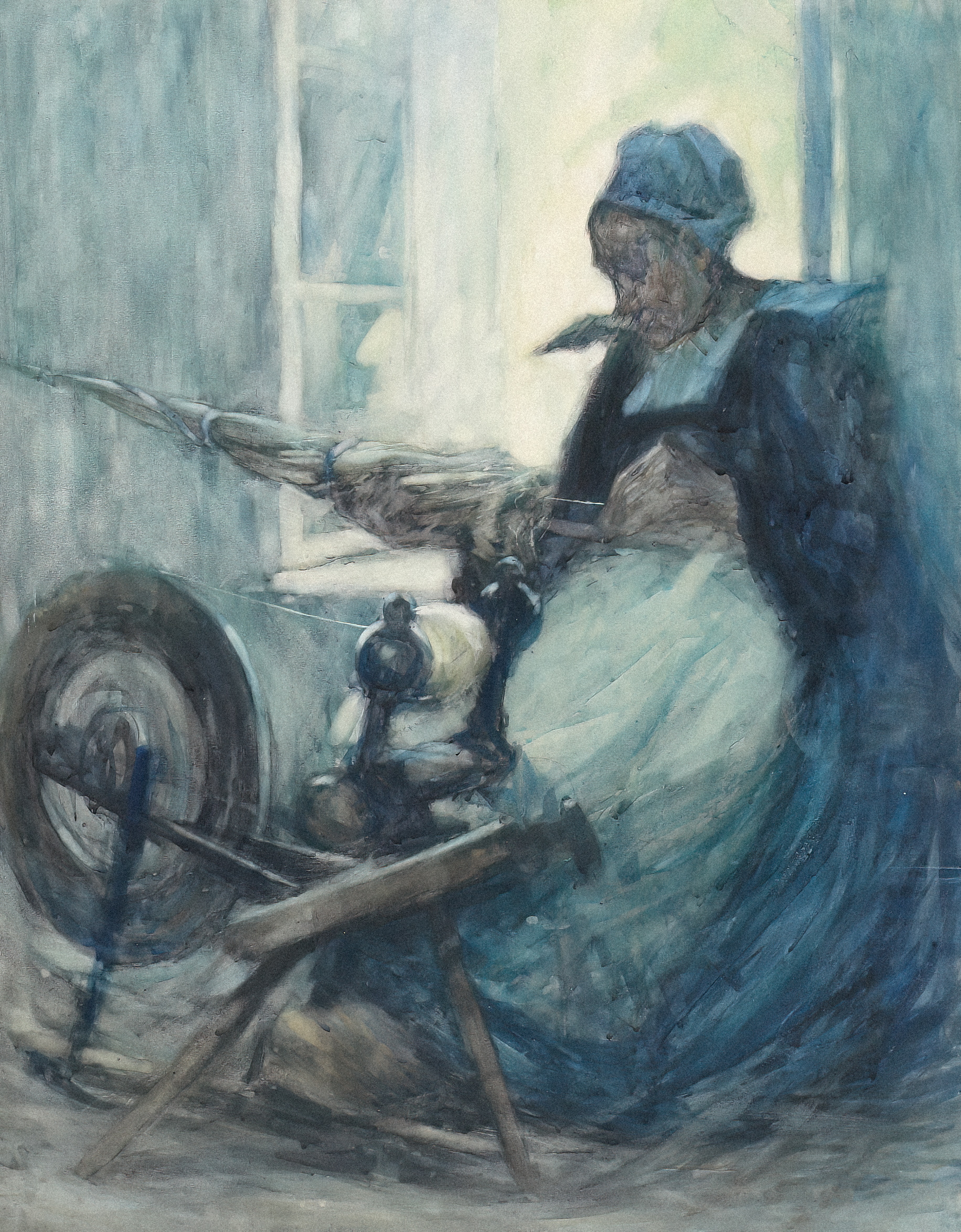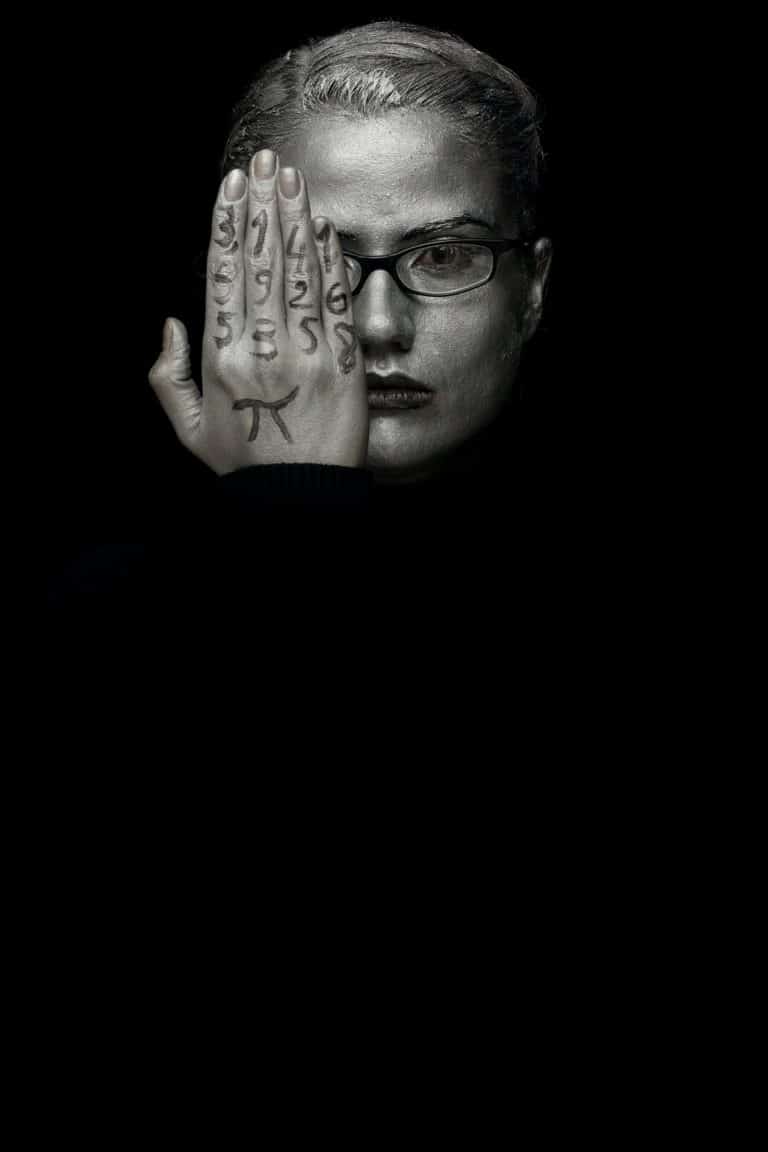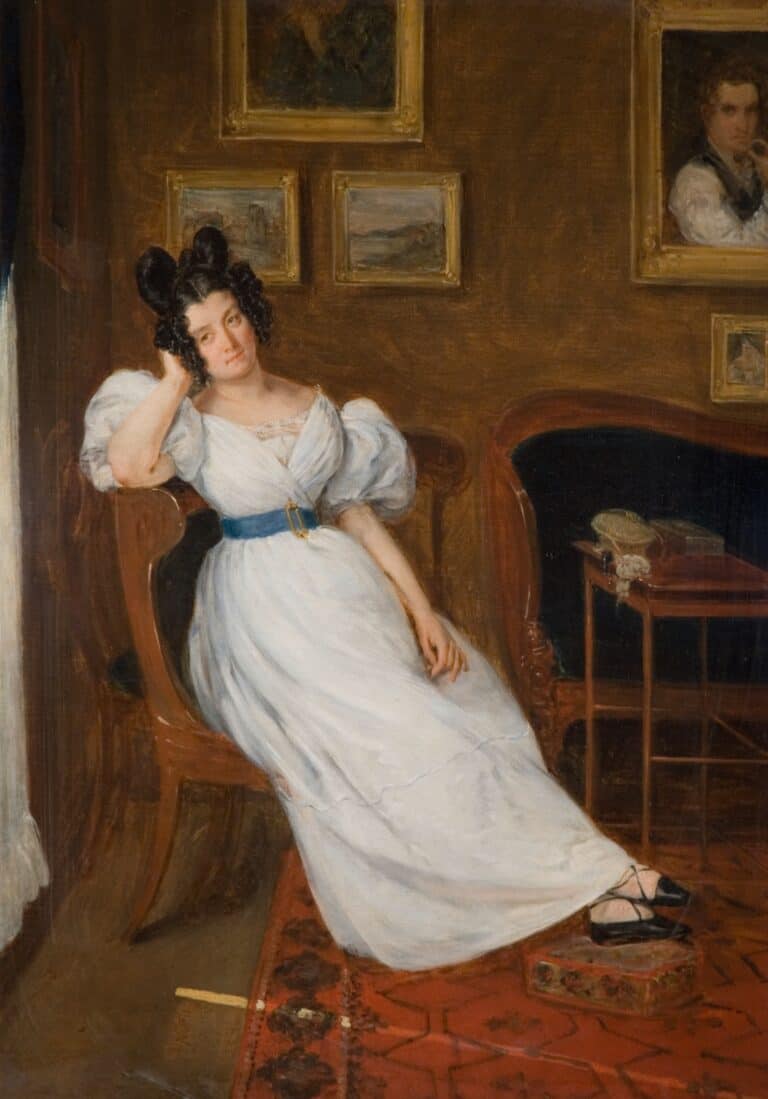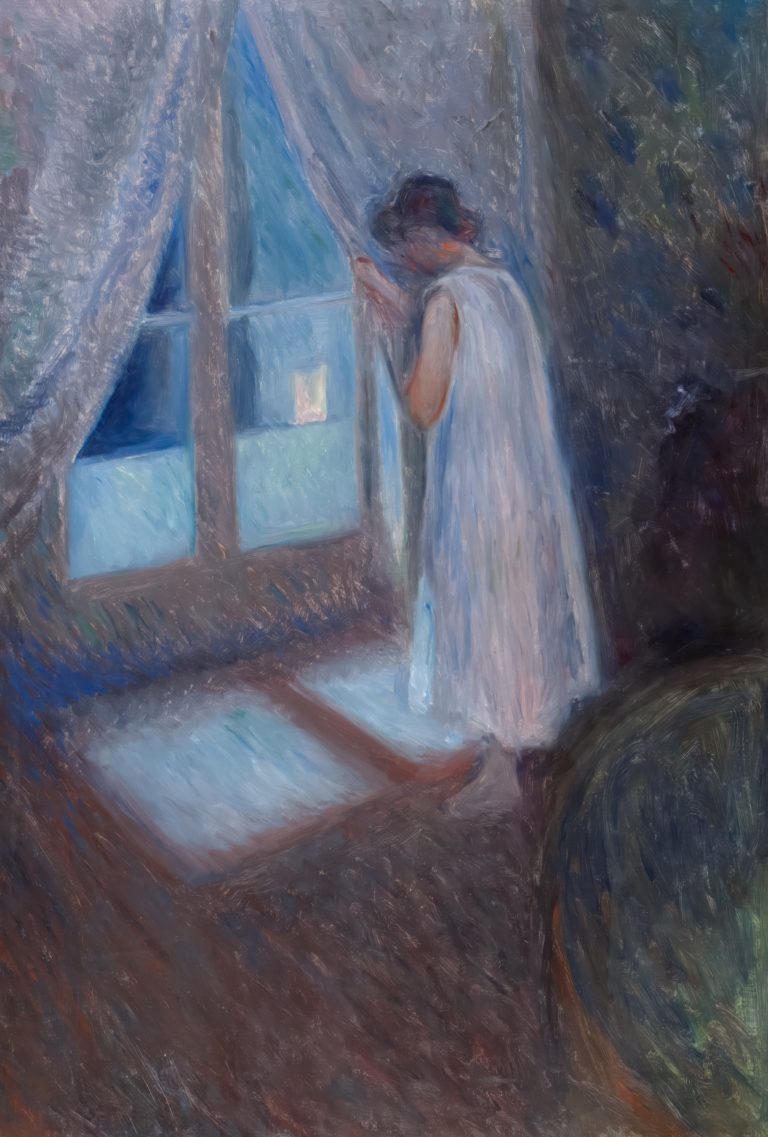Denial OCD: The OCD Backdoor Spike

Denial OCD, often referred to as the OCD Backdoor Spike, is a unique manifestation within the spectrum of obsessive-compulsive disorder (OCD). It represents a fascinating and challenging subtype where ocd sufferers experience obsessions centered around denial, doubt, and questioning their own thoughts, feelings, or perceptions.
The term “backdoor spike” captures the phenomenon where new obsessions emerge as a result of attempting to suppress or avoid existing obsessions.
This intricate form of OCD poses particular difficulties for those affected, as the relentless cycle of doubt and uncertainty intensifies.
Understanding Denial OCD and its backdoor spikes is crucial in order to provide any OCD sufferer with the necessary support and effective treatment to alleviate their distress and restore their quality of life.
In this article, we will delve into the intricacies of Denial OCD, explore its common themes and challenges, and discuss potential treatment approaches to help individuals overcome this unique manifestation of OCD.
What Is Denial OCD?
Denial OCD, also known as Obsessive-Compulsive Disorder with a primary obsession of denial, is a subtype of OCD where individuals experience obsessions related to denial or doubt.
In this form of OCD, individuals may obsessively question their own thoughts, feelings, memories, or perceptions, leading to significant distress and compulsive behaviors aimed at seeking reassurance or proving that their doubts are unfounded.
People with denial OCD may constantly doubt their intentions, motives, or the accuracy of their own perceptions. They may fear that they have done something morally wrong, even if there is no evidence to support it. They might excessively analyze their thoughts and actions, seeking certainty and reassurance.
This can lead to compulsive behaviors such as mental rituals, seeking repeated reassurances from others, or constantly reviewing past events in an attempt to find evidence that disproves their doubts.
For example, Sexual Orientation OCD happens when someone constantly doubts their sexuality and is plagued by intrusive thoughts, images, or sensations around this topicDenial OCD can be distressing and time-consuming, interfering with daily functioning and quality of life.
If you suspect you or someone you know may be experiencing denial OCD or any other form of OCD such as sexual orientation, it’s recommended to seek professional help from a mental health provider experienced in treating OCD. They can provide an accurate diagnosis and develop an appropriate treatment plan, which may include (CBT) and/or medication.
Related Articles – Common Misconceptions About OCD
Am I Having an OCD Backdoor Spike?

“Backdoor spike” is a term used in the context of obsessive-compulsive disorder (OCD) to describe a phenomenon where a new obsession arises (eg sexual orientation) as a result of trying to avoid or suppress existing obsessions or intrusive thoughts.
Here are some additional details regarding OCD backdoor spikes:
Triggered by avoidance or suppression
Backdoor spikes typically occur when individuals attempt to avoid or suppress their existing obsessions or intrusive thoughts.
They may engage in various mental or behavioral strategies to try to control or push away these thoughts. However, these efforts can inadvertently lead to the emergence of new obsessions or intrusive thoughts such as sexual orientation OCD.
New obsession as a defense mechanism
The development of a backdoor spike can be seen as a defense mechanism by the brain. When individuals try to suppress or avoid their primary obsessions, their minds may generate new obsessions as a way to maintain a sense of control or protect against the anxiety caused by the original obsessions.
Common themes
Backdoor spikes can take various forms and may involve different themes or content.
The new obsessions might be related to morality, sexual orientation, relationships, same sex doubt, same sex attractions, self-doubt, contamination, or other common OCD themes. The specific content of the obsessions can vary greatly among individuals.
Heightened distress and uncertainty
Backdoor spikes can be particularly distressing because individuals may feel caught in a cycle of obsessive thoughts, mental compulsions, overwhelming fear, social anxiety and recovery avoidance.
They may experience heightened uncertainty, as they are unsure if the new obsessions are genuine concerns or simply a product of their attempts to suppress or avoid their original obsessions.
Treatment approach
When treating OCD with backdoor spikes, cognitive-behavioral therapy (CBT) is often effective. Specifically, exposure and response prevention (ERP) is a CBT technique commonly used for OCD and other anxiety disorders.
ERP involves gradually exposing individuals to their fears or intrusive thoughts while refraining from engaging in compulsive behaviors or avoidance.
This process of OCD treatment helps individuals learn to tolerate uncertainty and reduce the impact of both the primary obsessions and the backdoor spikes.
Remember, these details are general in nature, and it’s important to consult with a mental health professional for a proper evaluation and personalized treatment recommendations based on your specific situation.
Related Articles – Moral Absolutism in OCD
Do I Still Have OCD?

The doubt of “Do I still have OCD?” is a common experience among individuals with obsessive-compulsive disorder (OCD). It is often driven by the nature of the disorder itself, which is characterized by doubt, unwanted thoughts, uncertainty, and the need for reassurance.
Here are some factors that contribute to this doubt:
Fluctuating symptoms
OCD symptoms can vary in intensity over time. There may be periods when the symptoms are more prominent and intrusive, and other times when they seem less severe or even subside temporarily. This variability can lead to doubt about the presence of the disorder.
The nature of OCD
OCD often involves doubting one’s own thoughts, feelings, or actions. People with OCD frequently question the legitimacy of their obsessions and compulsions, which can include doubting whether they actually have OCD. This self-doubt can create a cycle of uncertainty.
Common examples include the following :
- What if I am attracted to the same sex?
- What is my sexual identity?
- What are the negative consequences of my actions?
- What if I have a difficulty performing sexually with my partner?
- Frequent questions regarding one’s sexual orientation
- What if i’m attracted to the same gender?
- What if I hate the opposite sex?
Response to treatment
In some cases, individuals with OCD may respond positively to treatment, such as therapy and medication, and experience a reduction in symptoms. This improvement can sometimes lead to questioning whether the diagnosis of OCD is still valid. Always seek treatment and consult with a family member(s).
Fear of misdiagnosis
There is a possibility that individuals may question their OCD diagnosis due to concerns about being misdiagnosed or misunderstanding the nature of their symptoms. Seeking confirmation or clarification about the diagnosis is a common response.
Cognitive distortions
Doubt is a cognitive distortion commonly associated with OCD. Individuals with OCD often have an inflated sense of responsibility and an intense need for certainty, which can fuel doubts about their diagnosis.
They may engage in excessive self-analysis, constantly seeking reassurance or evidence to prove or disprove their OCD. This process may encourage recovery avoidance in the future.
Fear of losing insight
People with OCD may fear losing insight into their condition. This fear can arise when symptoms temporarily improve or when they gain some distance from their obsessions and compulsions.
They may interpret these moments of relief as an indication that they never had OCD in the first place.
Comparison to others
Comparing oneself to others with OCD or reading about different manifestations of the disorder can also contribute to doubt.
OCD symptoms can vary widely among individuals, and someone may question their diagnosis if their experience differs from what they perceive as “typical” symptoms.
Stigma and misconceptions
Stigma surrounding mental health conditions, including OCD, can lead individuals to doubt their own experiences. This is very common among “stigmatizers” as they often use to describe people with HOCD with “gay ocd”. This is of course false and stigmatised to the brim.
They may internalize societal misconceptions about what OCD “should” look like and question their diagnosis if their symptoms do not align with those stereotypes.
Seeking certainty
One of the primary features of OCD is the desire for certainty and control. Individuals with OCD often strive to be absolutely sure about their diagnosis, which paradoxically feeds into the doubt. The constant need for reassurance and certainty becomes a compulsion in itself.
It’s important to remember that only a qualified mental health professional can provide an accurate diagnosis. If you are experiencing doubt about your OCD diagnosis or have concerns about your symptoms (eg sexual orientation OCD), it’s recommended to consult with a mental health professional. They can assess your symptoms, seek recovery, provide clarification, and offer appropriate guidance and treatment options based on your specific situation.
Related Articles – Can Music Therapy Help OCD
Final Thoughts on Denial OCD
Denial OCD, also known as the OCD Backdoor Spike, presents a complex and challenging manifestation within the realm of obsessive-compulsive disorder. This subtype involves obsessions centered around denial, doubt, and questioning one’s own thoughts, feelings, or perceptions.
The backdoor spike phenomenon, where new obsessions arise as a consequence of attempts to suppress or avoid existing obsessions, adds an additional layer of complexity to the disorder.
Individuals with Denial OCD experience heightened anxiety, uncertainty, and a persistent cycle of doubt. The fear of being morally or ethically wrong, the constant need for reassurance, and the ongoing quest for certainty can significantly impact their daily lives and overall well-being.
Recognizing and understanding Denial OCD and its backdoor spikes is crucial for accurate diagnosis and appropriate treatment.
Mental health professionals specializing in OCD can provide invaluable support, guidance, and evidence-based interventions such as cognitive-behavioral therapy (CBT), specifically exposure and response prevention (ERP). ERP helps individuals confront their fears and reduce their reliance on compulsions, ultimately breaking the cycle of obsession and doubt.
By fostering awareness, promoting research, and ensuring access to effective treatments, we can better equip individuals with Denial OCD to manage their symptoms and regain control over their lives.
It is through education, support, and compassionate care that we can help individuals affected by Denial OCD find relief, overcome their challenges, and thrive in their journey towards recovery.




